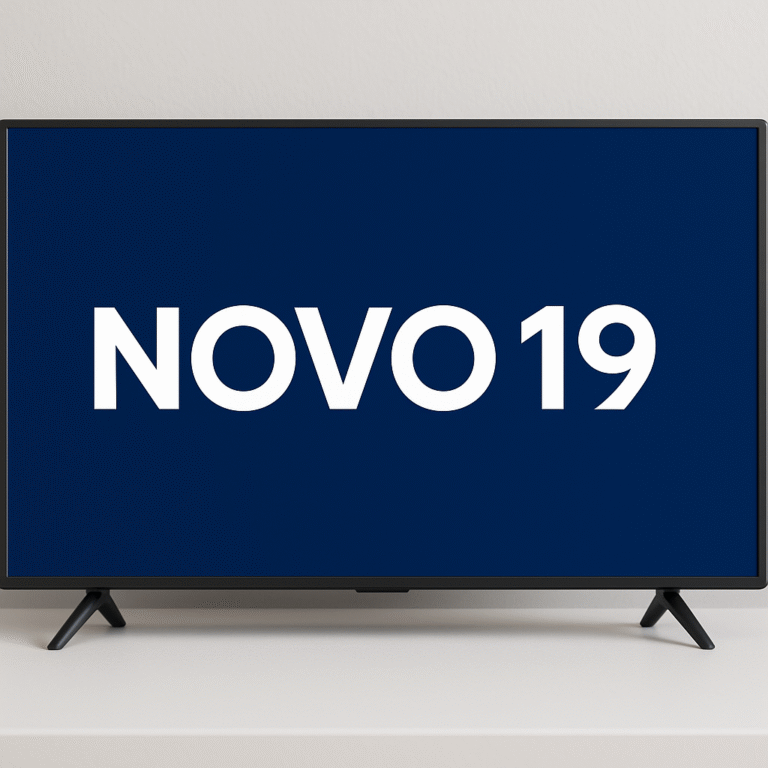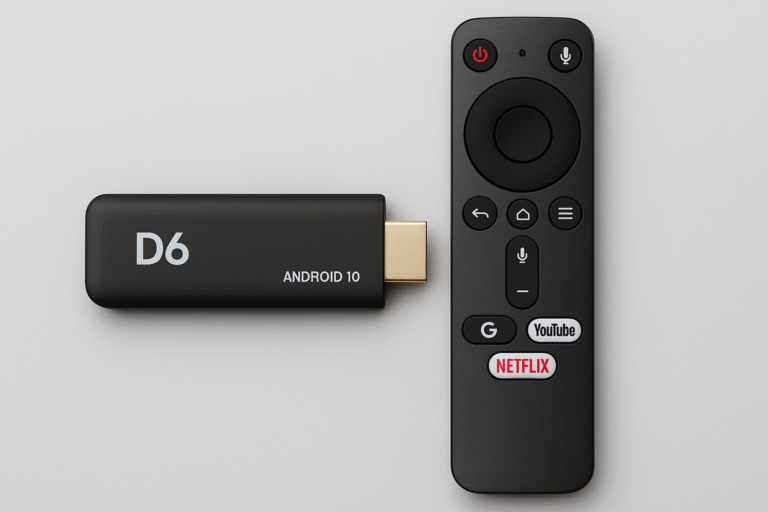Healthcare Monitoring
In the Russian Federation, there are more than 80 options for using generative artificial intelligence (AI) in medicine, and the market size for this technology could grow several times by 2030, analysts from Yakov and Partners found in a joint study with the Medsi group of companies, “Artificial Intelligence in Healthcare,” based on in-depth interviews with doctors in 50 specialties and an analysis of more than 800 healthcare startups worldwide.
As noted in the report, by the end of 2024, the global AI market in medicine amounted to $22 billion. By 2030, it will grow more than sixfold, to $130-160 billion, which will make “medical” AI a significant component of the entire market for this technology (about 8%). As analysts note, such dynamics will be ensured by changes in the digital industry – the growth of computing power, expanded access to cloud technologies, as well as the optimization of resource consumption for training large language models, on the one hand, and the growing shortage of specialists in the field of healthcare, which the World Health Organization has been warning about for several years, on the other – it clearly manifested itself in the COVID-19 pandemic, the shortage of doctors in the United States alone was then estimated at 60 thousand people.
The volume of the medical AI market in Russia, as follows from the report, is currently approximately 12 billion rubles. It is expected to grow to 78 billion rubles by 2030 with an average annual growth rate of 34-39% (comparable to the global trend) and will account for about 1% of the global market. Four main groups of products that can be identified in it are digital assistants, preparation of clinical reports, physician assistants and expert control. If the industry actively develops by 2030, they will account for the majority of the market (65 billion rubles). The development of AI solutions in the Russian Federation will be stimulated by personnel problems in Russian healthcare (according to the Ministry of Health, it lacks more than 50 thousand different specialists) and demand from patients accustomed to a high level of digital service thanks, for example, to the banking industry. At the same time, there are systemic limitations for the development of the Russian market – most investors are focused on a quick return on investment – while medicine needs long-term investments, since new technologies and products require long-term testing. Additional pressure on the development of innovations is also exerted by expensive loans and limited access to advanced technologies due to sanctions.






